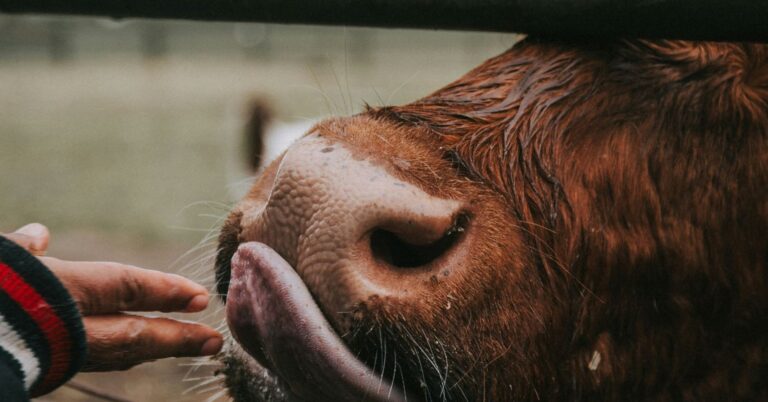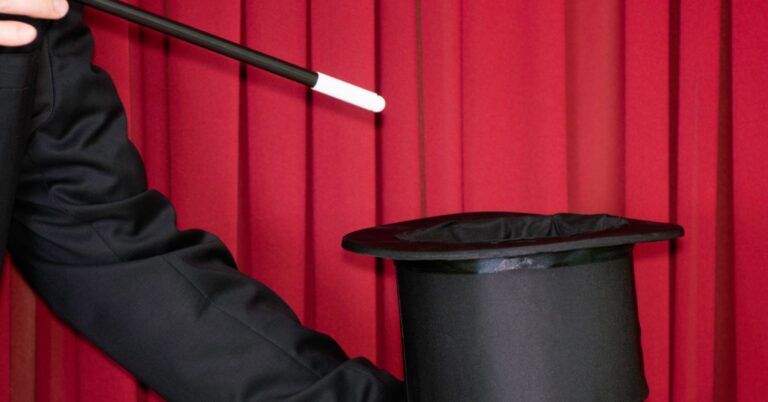Sarah, a teacher in her forties, feels anxious and distraught when she sees endless images of dismembered children, found in the gravel after a rocket hit Gaza City. Those children were the same age as her cousin’s daughter in Tel Aviv, and the age of her own children at her home in California. “Why can’t I do anything?” she asks herself, feeling depressed and hopeless.
The moniker “moral distress,” described in the current nursing literature, addresses far more than the conditions of frustration healthcare workers experience when faced with unbearable suffering. Especially when this suffering includes bumping up against outside limitations, one feels powerless to change it. Many of us experience moral distress, a syndrome that occurs “when one knows the right thing to do, but institutional (or political constraints) make it nearly impossible to pursue the right course of action.” (1) We live in a cultural milieu where news about terrorist attacks, war, oppression, and gun violence hits us from all sides. Millions of us feel disheartened and exhibit symptoms described in the medical reviews such as anxiety, insomnia, depression, or nightmares. Facing the untenable reality that so many vulnerable people in our human community are treated without compassion, and don’t receive basic humanitarian care, is daunting. And large institutions or governments make it seemingly impossible for us to personally find a way to be engaged and to make things better.
But we can try to mitigate matters. A group of mothers from Columbia, South Carolina has been meeting for the past year to write letters to their governor asking for the sale of guns to be restricted. Sally, one of the mothers, had lost her son to a fatal gunshot. As a freshman in college, Tom had walked into the wrong house after a fraternity party. The owner of the house shot him down without warning.
These shocking events are overwhelming to our nervous systems. In my private practice, I have seen a significant increase in anxiety and panic symptoms, as well as insomnia and existential doubt. Whether it is about helping relatives in Israel, or preventing the continuous killing of young children in Gaza, many citizens feel helpless and overwhelmed with grief and outrage. Whether it is about the containment of gun violence or the progressive destruction of nature through climate change, moral distress is becoming increasingly prevalent.
Liz Stokes, a professor from the University of Kentucky, writes about the four A’s of moral distress disorder. (2) She makes recommendations for nurses that can be beneficial for the broader community. “Once nurses identify moral distress,” Stokes writes, ”they’re better equipped to overcome it.” Many of us are not aware of the degree to which we feel upset and morally troubled by what is happening to the vulnerable in our world. Many of us push our upset away, distract ourselves, and deny our feelings. I believe that simply acknowledging how we really feel allows us to find ground under our feet once again.
Stokes writes: “Coping with moral distress includes cultivating both moral courage and resilience.” This involves developing the strength to speak up despite the fear of repercussions. Stokes writes further, “Moral resilience is the internal capacity that nurses have to develop in order to restore and sustain their personal integrity in response to moral distress.” This is true for all of us. What if we were able to act in accordance with our inner integrity?
Stokes tells us further: “When nurses experience moral distress, it’s important that they feel supported. They have to be able to address the issue in a safe and nonjudgmental space.” As I see it, we need to create safe public spaces where we can reflect, think, and feel together, instead of in isolation. Those safe emotional spaces must be established to counteract despair.
Stokes proposes the four A’s to counteract moral distress. The first one is ASK. She encourages us to ask ourselves: “Am I feeling distressed or am I showing signs of suffering?” This is important, as at times we feel sadness and grief about the information and images of pain that come towards us, but we do not own or recognize our own distress.
The second A is AFFIRM our experience. We might say “Yes, I am feeling this distress, and I am making a commitment to address it.” To affirm one’s emotional experience counteracts one’s propensity to doubt.
The third A is ASSESS. She recommends, “Assess your ability to make a change. Ask yourself, ‘What can I do personally?’” This step is especially important. Feeling disturbed about the brutality of the recent conflict in the Middle East, several therapists and interfaith leaders in Santa Barbara sat down together, evaluating what could be done to be helpful. Doing so left the participants less alone and more hopeful.
The last A is ACT. The above-mentioned group decided to stand one evening per week in the center of town, holding a candle, while promoting a “caring compassionate presence for all.” When more people act, then acting becomes the normal thing to do, and our culture becomes one that is alive, kind, and creative.
Palliative care physician Michael Kearney, M.D., tells us that “suffering equals fear in isolation.” (3) The suffering of moral distress disorder is heightened by fear, isolation, and a sense of alienation. When a group of concerned people comes together, fear recedes, and creative engagement can emerge. This allows individuals to develop an attitude that is bigger than self-doubt, more powerful than anger, and deeper than despondency and depression.
The practice of mindfulness and compassion can counteract moral distress and its underlying symptoms of burnout. (4) When we practice mindfulness, our minds calm and our hearts open, and we are able to develop empathy for others. And then compassion grows, which allows us to increase our ability to respond to and connect with others with caring, gentleness, and relevance.



















+ There are no comments
Add yours